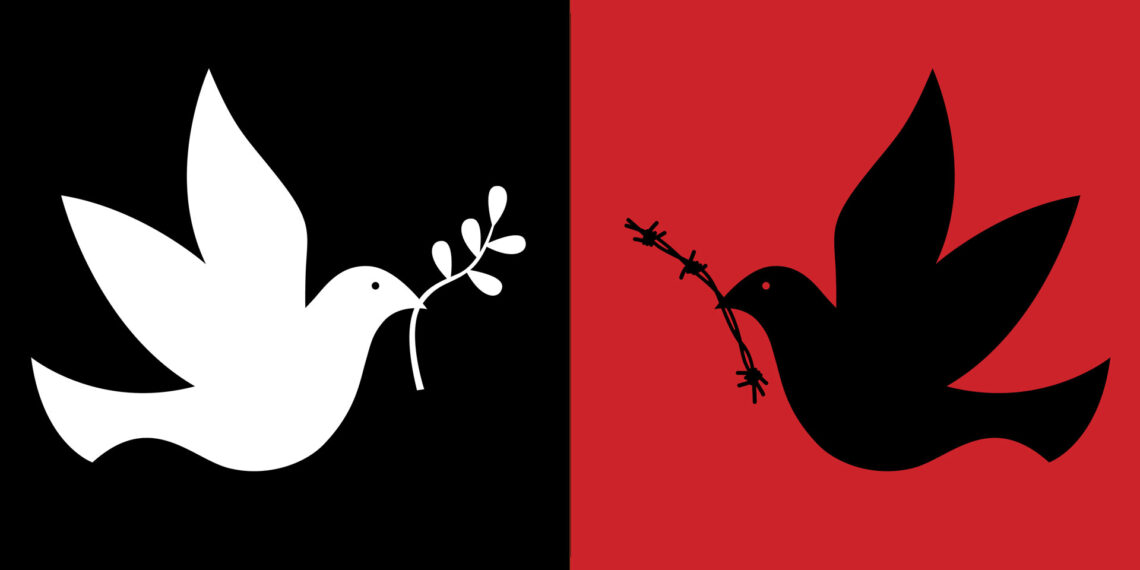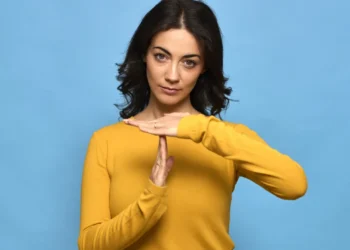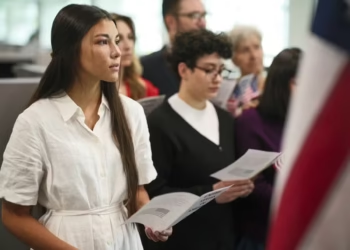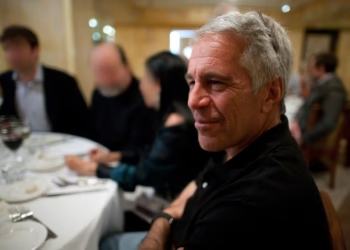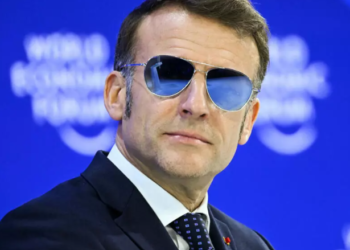KIEV (Realist English). In wartime, the state takes control of human emotions into its own hands. It “knows better than any individual what is good and what is bad”, notes Professor from the Ukraine Georgy Pocheptsov in a material prepared for the Ukrainian publication zn.ua.
“But the population is, still, heterogeneous. What influences one, makes the other laugh or feel disappointment. For this reason, the role of specialists is increasing. War is always a time of patriotic discourse. She replicates stories about her opponent’s strength and weakness. Everything that deviates the mainstream is carefully censored even in the absence of official censorship. What can be said and heard in peacetime becomes impossible during the war or even during its approach. Our brain easily enters what is not yet there, transforming our behavior according to the future realities,” the expert explained.
In his opinion, the state is beginning to control the behavior of citizens more and more rigidly: “The obligation of subordination automatically passes from the army contexts to the civilian life. Whether you want it or not this gradually becomes your personal business, no one will really care. Two types of behavior are becoming the new normal as the army and its standards come to the fore. This is the obligation to follow the orders of the authorities and heroism as the norm of behavior.”
Pocheptsov stresses that war is something more than what an individual citizen can comprehend, since he no longer owns anything in this situation.
“He becomes a small part of the controlled mass, where others make all decisions everything for him. The ndividual behavior in this case should be replaced by the collective behavior. Under the new circumstanse, there is a need for new types of information. The mass perceptionwants to receive evidence of the inevitability of “our” victory and any failures of the “enemy”. Now the “not correct” information can easily be refuted not by arguments, but by the fact that it is the information of the “enemy,” he believes.


